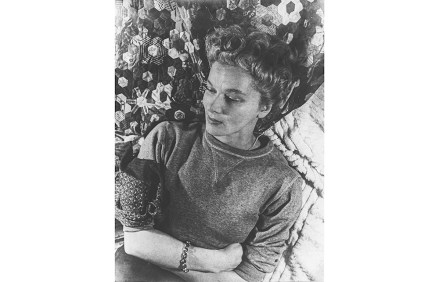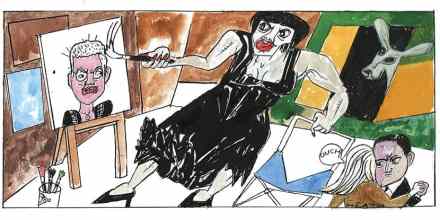How country living changed the lives of three remarkable women writers
Very fine hot day. (Bank Holiday). Sound of band in Lewes from the Downs. Guns heard at intervals. Walked up the down at the back. Got plenty of mushrooms. Butterflies in quantities. Ladies Bedstraw, Roundheaded Rampion, Thyme, Marjoram. This isn’t what we expect from Virginia Woolf, known for her caustic investigations of friends and filigree portraits of her own inner life. But in 1917, after three years of mental illness, she moved to Asheham in Sussex and began a slow but dogged recovery that took the form of these daily walks and list-filled diary entries, which rarely contain the word ‘I’. Harriet Baker argues convincingly in her new book that





